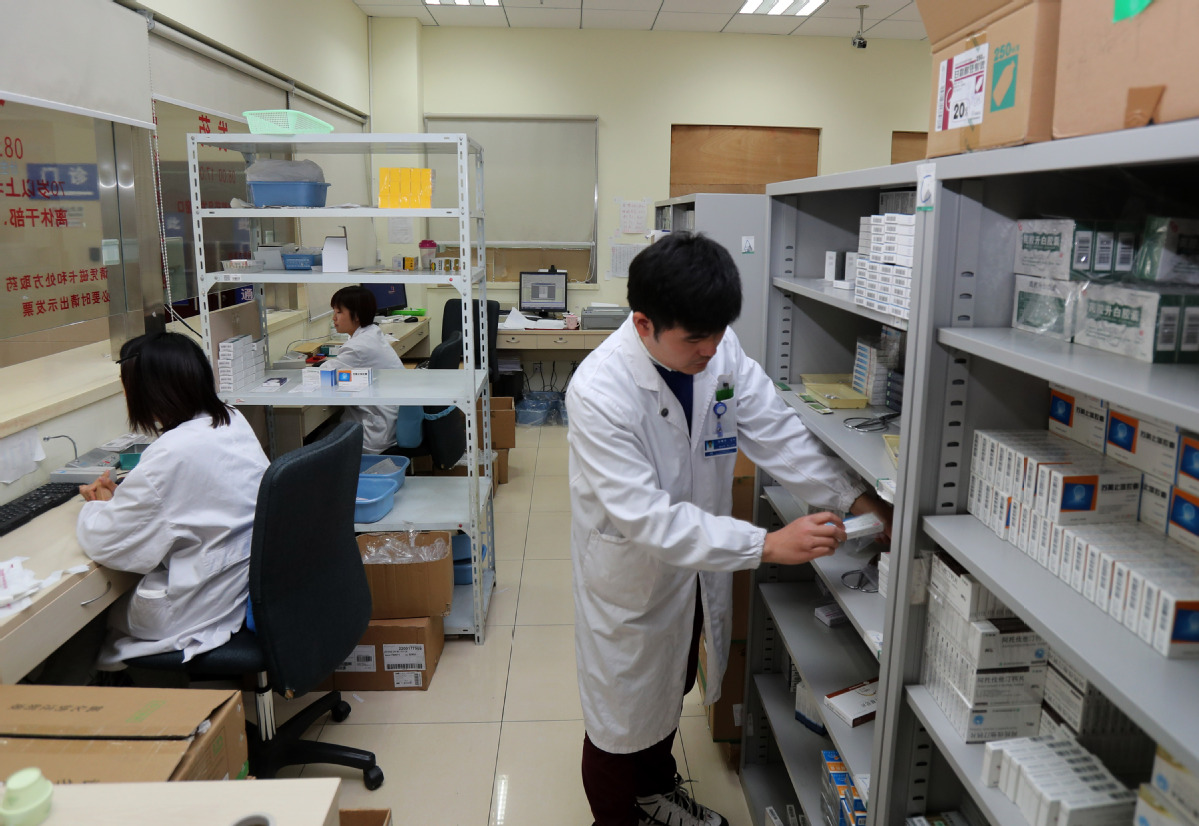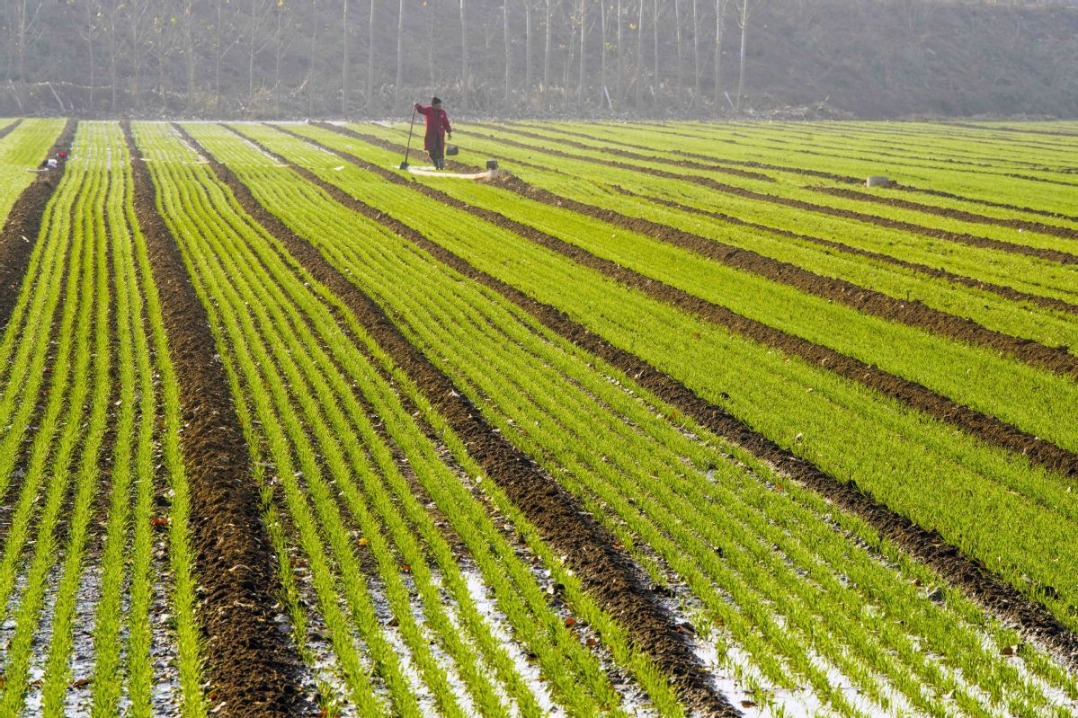Revision targets lax drugmakers, sellers


People involved in the production and sale of drugs will pay higher costs and face harsher penalties for malfeasance, under a draft amendment to the Drug Administration Law that was submitted to the Standing Committee of the National People's Congress, China's top legislative body, for review on Saturday.
Violations such as producing or selling drugs without a permit and producing or selling fake or substandard drugs will result in heavier fines, it said.
Producers of fake or substandard drugs and sellers who knowingly sell such drugs will be subject to punitive compensation on behalf of victims if serious health consequences or death result.
The draft amendment also attaches legal responsibility to some other behavior, including pharmaceutical companies failing to follow regulations to monitor the side effects of drugs, and e-commerce platforms failing to perform duties such as screening the qualifications of drug sellers.
Cong Bin, a senior legislator on the Constitution and Law Committee of the National People's Congress, submitted the draft to the Standing Committee and said the revisions were made in response to suggestions by legislators, local governments and the public to punish violators in the pharmaceutical sector more harshly as a deterrent.
A draft law on vaccine management, which was also handed to the NPC Standing Committee for review on Saturday, would increase penalties for violations such as producing or selling fake or substandard vaccines, and providing false data in applications for vaccine registration.
Vaccine sellers and medical institutions that knowingly sell or use problematic vaccines will be subject to punitive compensation on behalf of people who received such vaccination or their relatives, if death or serious health consequence occurred, the draft said.
Legislation on drugs accelerated last year in the wake of a major vaccine scandal involving Changchun's Changsheng Bio-tech Co, a major vaccine manufacturer in Jilin province. The company was found to have fabricated production records and used expired materials for four years in the production of rabies vaccine.
The company was ordered by the top drug regulator to pay fines of 9.1 billion yuan ($1.4 billion), and its senior executives to face criminal punishment.
Following the incident, China's top leadership urged strict supervision of the pharmaceutical sector to ensure public health, and a new law was drafted on the supervision of vaccines.
Drug authorities will intensify supervision over the pharmaceutical sector this year, including intensifying site inspections and reviews of medical equipment to root out safety risks, according to the National Medical Products Administration.
Serious violators will face harsher punishments including punitive fines.
- Mainland says reunification to bring better lives for Taiwan people
- WIPO: China retains its position as the global leader with 1.8 million patent applications
- Wuhan University opens technology transfer center in Sanya
- Year's largest wave of migratory birds reaches Wuhan wetland
- Xi sends congratulations to 20th theory seminar between CPC, CPV
- Mainland slams anti-China IPAC for making provocations on Taiwan-related issues





































